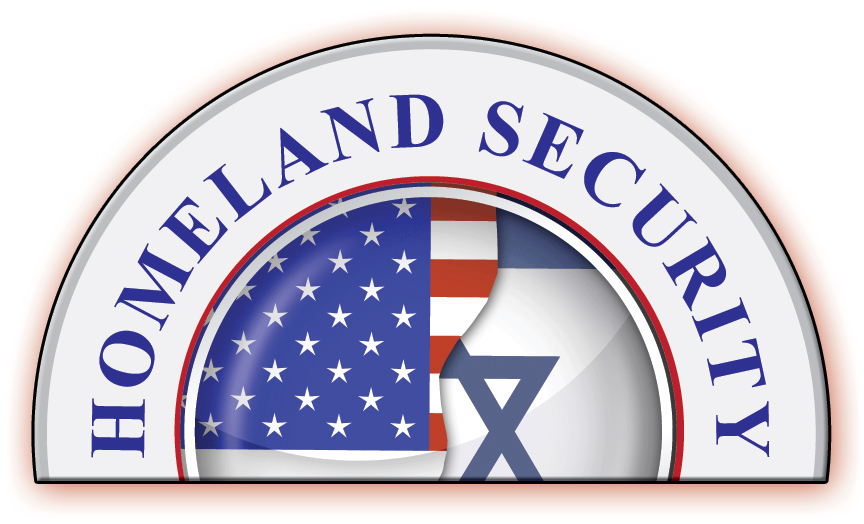Homeland Security Portal

Nuclear and Non-Conventional Weapons
How Nuclear Talks Help Iran Dominate the Middle East
The nuclear talks are creating an atmosphere where the economic pressure will subside as Iran gains time to fill in the missing pieces of its nuclear program. Iran’s foreign policy is gaining momentum as Gulf States are persuaded to align with Iran. Ongoing negotiations with the United States are proceeding at a relaxed pace that allows Iran to continue working towards its strategic goals. Read More »
The Internal Iranian Struggle After the Geneva Agreement
The Geneva nuclear agreement between Iran and the P5+1 has become a source of tension in Iran between the conservatives and Revolutionary Guard on one side, and President Hassan Rouhani, the nuclear negotiating team, and those considered the reformist camp on the other. The regime’s security establishment continues a crackdown on the opposition and social networks in an effort to protect Iran’s revolutionary Islamic nature. The intensity of public support for Rouhani is of no significance when it comes to Iran’s nuclear progress, nor is it likely to have substantial implications for the state of civil society and human rights in Iran. Read More »
Conflicting Expectations on the Geneva Deal with Iran
Questions of interpretation have arisen from both sides about the Geneva document’s obligations to the relevant parties. Parties disagree on what the document means for nuclear breakout, U.S.-imposed sanctions on Iran, and uranium enrichment Read More »
The Emerging Geneva Agreement with Iran
Eliminating Iran’s 20-percent-enriched uranium, but allowing the Iranians to continue to produce 3.5-percent-enriched uranium is an unacceptable option if the goal of the West is to prevent Iran from advancing a nuclear weapon. Allowing Iran to enrich to the 3.5-percent level will not address the threat emanating from Iran’s latest generation of faster centrifuges and the scenario of a fast dash by Iran to weapons-grade uranium, known as “nuclear break-out.” Read More »
Iran vs. the West: Endgame?
Despite direct negotiations with the United States, Iran has no intention of halting their nuclear enrichment program. Iran could be within a few months of building a bomb. Read More »
Syria: Lessons from Past Weapons Inspections
In light of the Russian/US agreement to eliminate Syria’s chemical weapons, the world’s accumulated hands-on experience in Middle Eastern arms control in Iraq, Iran, and Libya should be remembered. Read More »
Understanding the Iranian Nuclear Challenge
Over the last decade, a clear international consensus has slowly emerged that Iran was not just pursuing a civilian nuclear program, but rather was seeking nuclear weapons. The IAEA has raised concerns about the possible existence of certain areas of military research in the Iranian nuclear program, which, when coupled with Iran’s expansionist goals, presents a challenge to regional stability. Negotiations and proposals to protect the International Community from Iranian nuclear weapons must take into account all aspects of Iranian nuclear research. Read More »
The Rise of Nuclear Iran: How Tehran Defies the West
In the West, liberal politicians and pundits are calling for renewed diplomatic engagement with Iran, convinced that Tehran will respond to reason and halt its nuclear weapons program. Yet, countries have repeatedly tried diplomatic talks and utterly failed. Gold examines these past failures, showing how Iran employed strategic deception and delay tactics to hide its intentions from the West. He argues that Western policymakers underestimate Iran s hostility toward us and explains why diplomacy will continue to backfire, no matter which party or president is in power. Read More »
Can Cold War Deterrence Apply to a Nuclear Iran?
The Obama Administration’s policy of Cold War-style deterrence with regards to Iran fails to take into account various issues. The ideology of the Iranian leadership, the threat of a polynuclear Middle East, and the idealization of martyrdom are all issues which do not fit into a model of cold war style deterrence. Furthermore, should nuclear weapons become a reality in the region; it is possible that they may filter down to quasi-states, terrorist organizations, and rival ethnic groups. Read More »
Halting Iran’s Nuclear Weapons Program: Iranian Vulnerabilities and Western Policy Options
Iran’s primary vulnerability is the economic sphere. Although half of the Iranian government’s revenues come from the export of crude oil, without foreign investment, production of crude oil will falter. In order to convince Iran to give up the nuclear program, the U.S. and its allies must exploit their economic leverage, backed up by a credible threat of military force against the nuclear program and other targets in Iran as necessary. Read More »
Hizballah’s Rocket Campaign Against Northern Israel:
A Preliminary Report
From July 13 to August 13, the Israel Police reported 4,228 rocket impacts inside Israel from rockets fired by Hizballah. No geographical area in the world has sustained such a large quantity of rocket strikes since the Iran-Iraq war in the early 1980s.One-fourth of the rockets that landed within Israel landed within built-up areas. Israel suffered great numbers of fatalities and injuries, as well as extensive damage to infrastructure. This article discusses the challenge to national security posed by this type of weapon, and identifies areas where defense may be improved. Read More »
